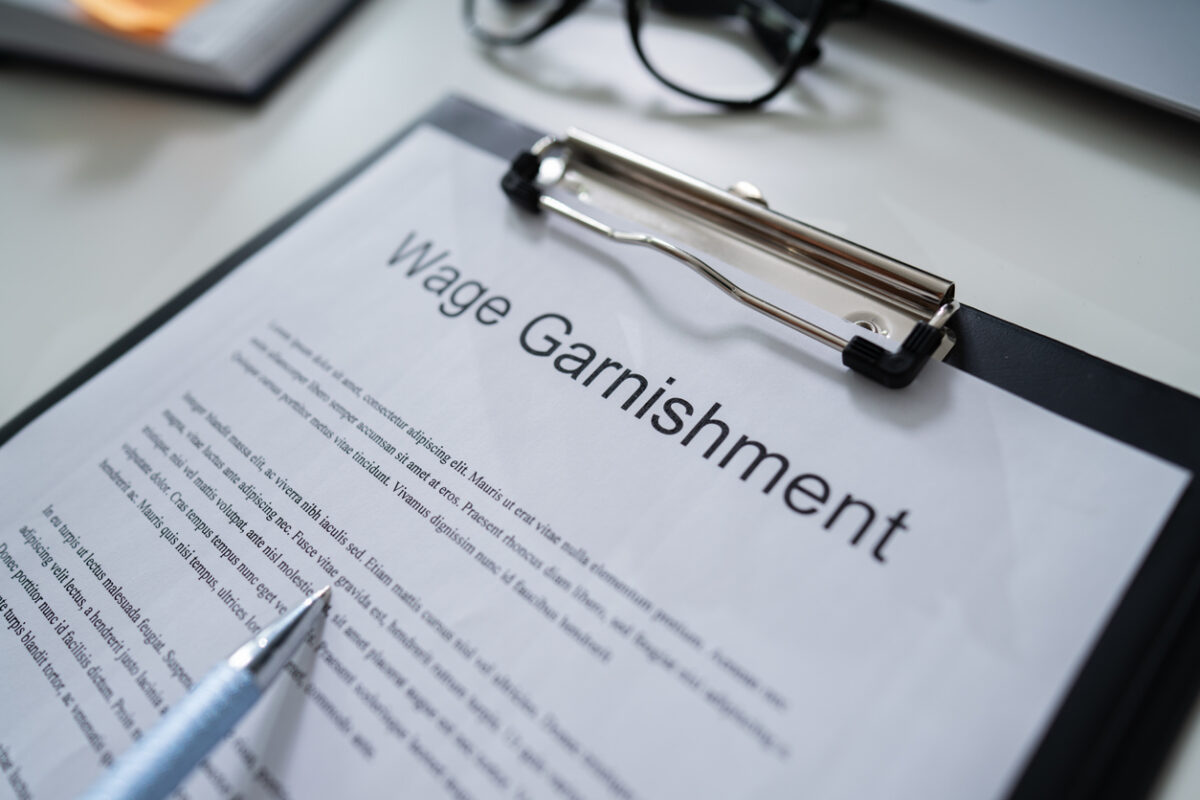Wage garnishment Credit Score
If you have missed payments on some of your bills and have gone into collections, you may have been threatened with wage garnishment. When your financial life is in turmoil, the idea that a creditor could force you to turn over a portion of your wages, possibly threatening your ability to buy groceries or pay for needed medical expenses, is terrifying. While wage garnishment is a real thing that can impact you, it is not something that most creditors can do immediately. Understanding the process can help you realize that you may have time to settle things with a creditor or explore other options before a wage garnishment can occur.
The first thing you need to know is that for an actual wage garnishment, which is where the money is withheld by your employer, a creditor needs a court order. Non-wage garnishment, where you have given a creditor access to your accounts in order to debit payments on a specific date or authorization to a vendor to charge a credit card on a certain date, is a different issue. Wage garnishment can involve a creditor suing you, winning a judgment, and getting a garnishment order. In those instances, there must be a lawsuit and the creditor must win a judgment against you.
Collections
Generally, your individual agreement with a creditor as well as state and federal laws will govern how quickly a creditor can move to collections and then how quickly they will bring suit, but in reality most creditors are not going to proceed to the lawsuit process unless they believe you have the assets to pay a debt and are simply refusing to pay it. If you are facing those circumstances but are legitimately unable to pay a debt, it may be time to explore solutions like bankruptcy. On the other hand, if you are experiencing short-term problems, you may be able to renegotiate the date, get a forbearance on payments, or consolidate debts for lower payments.
However, most of the time that people talk about wage garnishment they are talking about child support, student loans, or back taxes. The legal process for garnishment with these debts differs from many other types of debts. For example, most courts allow wages to be garnished for child support even without a history of default. Student loans can result in garnished wages without a court proceeding, as can any back taxes.

